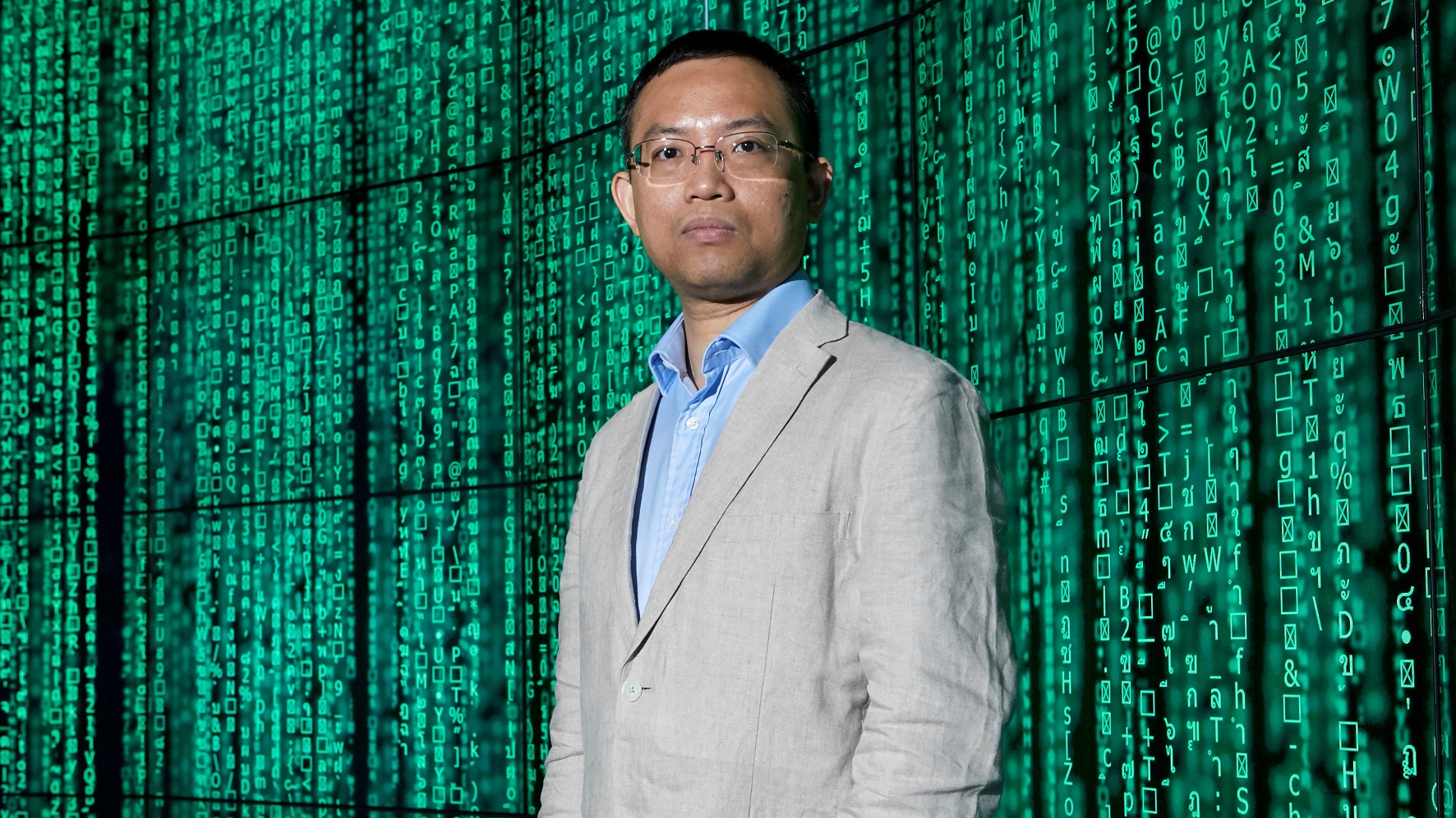Quantum computers will one day be able to solve the problems that are too mathematically complex for even today’s most powerful machines.
But this immense power carries a frightening security threat, with a ‘brute-force’ attack a matter of ease for a quantum computer.
That’s why a team from Monash University has set out to create a post-quantum secure privacy-preserving algorithm.
The Lattice-Based One Time Ring Signature (L2RS) enhanced security and privacy-preserving feature was recently announced at the 23rd Australasian Conference on Information Security and Privacy.
It sets out to protect large transactions and transfers of data from being breached by quantum computers.
Director of the Blockchain Research Lab at Monash University, Dr Joseph Liu, said that the algorithm protects users against supercomputer hacks.
“Quantum computing will maybe become practical in the next five to ten years. After that, most existing algorithms, such as RSA, will not be secure because these super computers can easily solve this mathematical problem and break into the system,” he told Information Age.
“That’s why we need to design the new generation of algorithms, that are secure even against quantum computers.
“The L2RS deploys cryptographical techniques to protect the privacy of users. It allows any user to hide his identity among a group of users. The transaction amount will be hidden as well. No one knows how much money has been transferred in each transaction,” he said.
The privacy-preserving algorithm comes amidst concerns that quantum computers could derail blockchain technology.
A recent report found that the elliptic curve signature scheme used by Bitcoin could be completely broken by a quantum computer by 2027.
Liu’s development of the L2RS algorithm follows HCash – an open-source cryptocurrency that he developed with Collinstar Capital last year.
He explained that L2RS will initially be used to secure HCash.
“L2RS will become the foundation of HCash. This is just the first step. We will continue to work to improve the efficiency,” he said.
“Even in the existence of the future powerful quantum computer — which can easily break the current security algorithms such as RSA — HCash is still secure, and user privacy remains preserved.”
Liu also invited other cryptocurrencies to deploy L2RS to protect against potential quantum threats.
“It is not just exclusive to HCash – it is opensource and we’ve published the algorithm online. If other cryptocurrencies are interested, they are welcome to contact us.”










